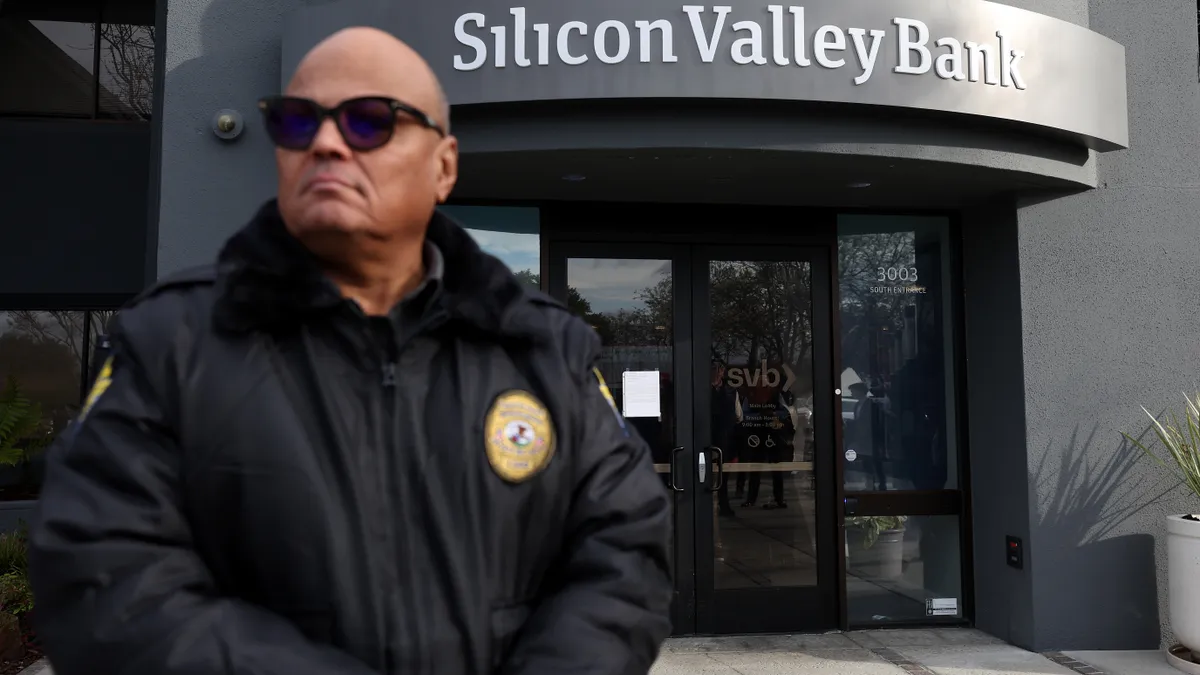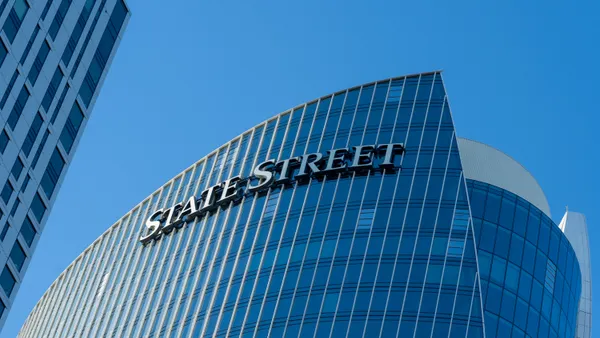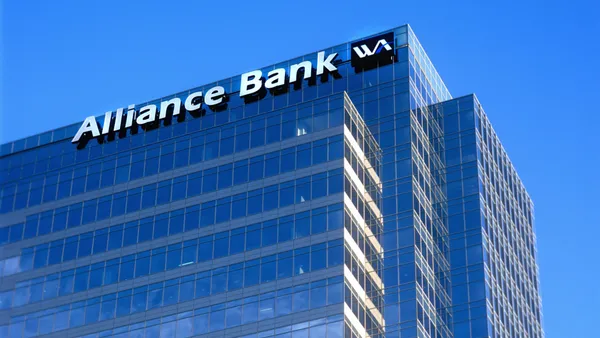Dive Brief:
- Sen. Elizabeth Warren, D-MA, and Rep. Alexandria Ocasio-Cortez, D-NY, want 14 of Silicon Valley Bank’s depositors to detail their ties to the failed bank in an attempt to shed light on reports the firm had a “cozy” relationship with some of its largest clients, according to letters the lawmakers sent Sunday.
- In letters to firms including Circle, BlockFi and LendingClub, the lawmakers raised concerns that “mutual backscratching arrangements,” such as offering lower interest mortgage rates to startup founders, encouraged firms to keep large uninsured deposits at the bank.
- SVB, which catered heavily to the tech and startup sector, was taken over by regulators last month after a run on the bank triggered the largest bank failure since the 2008 financial crisis.
Dive Insight:
Warren and Ocasio-Cortez asked the firms to share the length of their relationship with SVB and how much money they had deposited at the institution. They also asked for details about any conditions and benefits that were associated with maintaining their banking relationship with the now-failed bank.
“Silicon Valley Bank’s unusually cozy relationship with its clients increased the threat of contagion when the bank went under,” Warren said in a statement Monday. “The American people deserve to know how these mutual backscratching arrangements developed, who benefited from them, and what role they played in Silicon Valley Bank’s failure.”
SVB’s 10 largest accounts held $13.3 billion in deposits, Warren and Ocasio-Cortez wrote.
The Santa Clara, California-based bank failed after a run resulted in depositors withdrawing more than $42 billion in a day.
Payoneer, Roblox, Roku, BILL Holdings, Eiger Biopharmaceuticals, Gingko Bioworks, iRhythm, Oncorus, Protagonist Therapeutics, Rocket Lab USA and Sangamo Therapeutics are the other companies that received letters.
“Congress, bank regulators, and the public are owed an explanation for the bank’s hyper-reliance on tech industry firms and investors, the extent to which this resulted in an abnormally high percentage of deposits that were not insured by [Federal Deposit Insurance Corp.],” the lawmakers wrote.
Roughly 94% of SVB’s total domestic deposits were uninsured at the end of 2022, according to S&P Global.
The lawmakers said SVB’s “coddling” and “white glove” treatment of some of its largest venture capitalist depositors, their executives and founders of the tech firms they backed represented a key way the bank differentiated itself.
VC firms were reportedly given lines of credit that allowed them to wire money to their tech startups faster, in addition to sponsoring “industry ski trips, conferences, and fancy dinners,” the lawmakers wrote.
In exchange for perks, large companies gave SVB access to “huge unsecured sources of short-term funding, something they should not do as responsible stewards of company funds and employee payroll,” the lawmakers wrote.
“And if these deposits were made by company executives and allowed by corporate boards in exchange for personal perks, that behavior raises potential concerns about whether they were meeting their fiduciary duties,” they wrote.
The close ties between SVB’s borrowers and depositors may have also undermined regulators’ efforts to sell SVB following the bank’s collapse, the lawmakers wrote.
Last month, Raleigh, North Carolina-based First Citizens agreed to buy $110 billion of SVB’s assets, $56.5 billion in deposits and $72 billion in loans in a deal that would leave $90 billion in securities and other assets in FDIC receivership.













